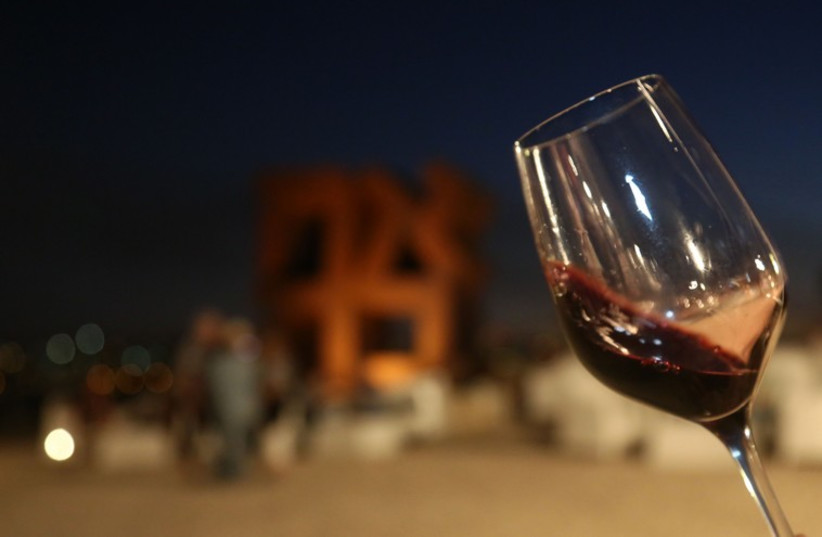I’m not wild about the pre-Passover cleaning, but the thought of drinking four cups of wine is something that always makes me happy. Especially this year, it’s a good time to enjoy Israeli wine, as many of the wineries, especially in northern Israel, have been affected by the ongoing war.
I’ve chosen four wineries – two of Israel’s smaller wineries and two larger – to highlight this year. All the wines I recommend are kosher for Passover. And they can also be enjoyed all year round.
Small and large wineries
The first is Raviv Winery, a small family-run garage winery that is literally run out of the family’s garage in Ness Harim in the hills outside Jerusalem. Ofir Raviv is the winemaker, and Dina Raviv handles the business side. They make 6,000 bottles a year, both red blends and single varietals. They also sell wine to several restaurants.
The Judean Hills in the area between Jerusalem and Beit Shemesh recently became Israel’s first wine appellation, and the labels of the Raviv Winery reflect this designation. I especially enjoyed the Petit Verdot, which was aged for 18 months in oak barrels. Petit Verdot is one of the five varieties allowed in Bordeaux wines, and it has bold flavors with dark fruits. At NIS 90, it’s a great deal; but you have to be in Israel to buy it, as it’s not sold abroad.
The other smaller winery I chose is Yatir in southern Israel, which is Israel’s up and coming new wine region. Yatir, which was founded in 2001, is led by talented winemaker Eran Goldwasser. I have yet to meet a Yatir wine I don’t like. This year, they have released a new wine called Goblet Wine, in which the vines grow in the shape of a goblet sheltering the grapes from the sun. The wine is an interesting blend of Grenache, Cinsault, Syrah, and Carignan and is aged in oak for a year. It’s got a wonderful aroma and is not too heavy. It’s a bit pricey at NIS 190, but if you’re looking to treat yourself, this is a good way to do it.

Moving on to larger wineries, I suggest looking at wines from Recanati, which produces more than 1.2 million bottles a year. There are wines in all price ranges, but I highly recommend the Marselan, which is fairly new to Israel. The grape is a cross between Cabernet Sauvignon and Grenache. Recanati’s come from one vineyard in Kidmat Tzvi in the Golan Heights.
Winemaker Kobi Arbiv, who has been at Recanati since 2006, makes a Marselan that is aged for 18 months in oak barrels and is soft and elegant. It goes well with food and is good value for money at NIS 129.
The fourth winery is Barkan, which is Israel’s largest winery, producing 10 million bottle of wine a year. The head winemaker is Ido Levinson, one of two people in Israel who have earned the MW (Master of Wine designation). They also have a range of wines from inexpensive wines you can buy in the supermarket to single vineyard bottles. A good mid-range bottle is the Platinum, a 100 percent Cabernet Sauvignon aged for 18 months, and a good deal at NIS 79.
Now for a bonus. Passover is a good time for drinking not only wine but also alcohol in general. It’s not always easy to find kosher-for-Passover alcohol, but now you can try the Grand Mayan Silver Blanco Tequila. It’s made in Mexico in the traditional way and triple-distilled. It’s smooth, with rich flavors of melon, green apple, toffee, and coffee. The handmade bottle is also beautiful. It costs NIS 470 for a 750-ml. bottle, but a little goes a long way.
L’chaim!■
